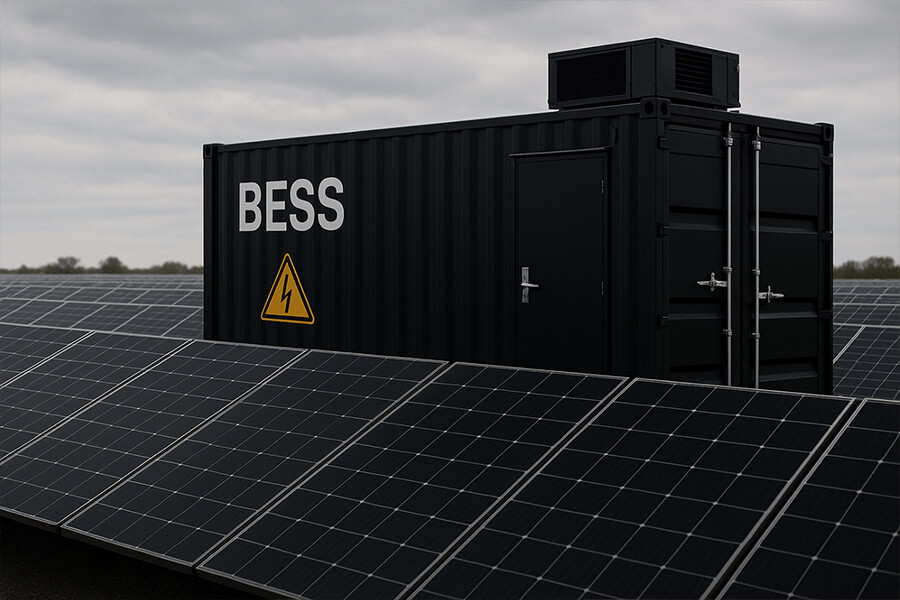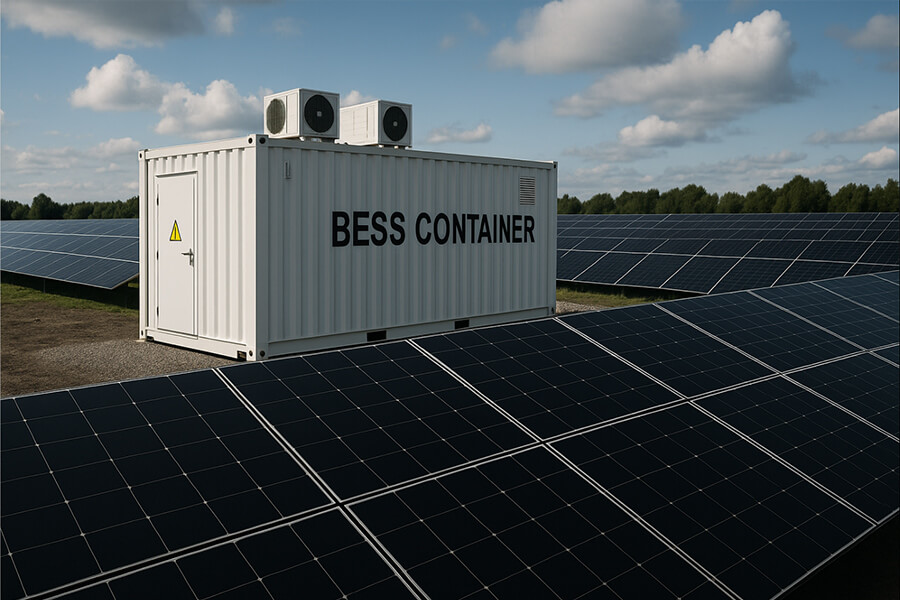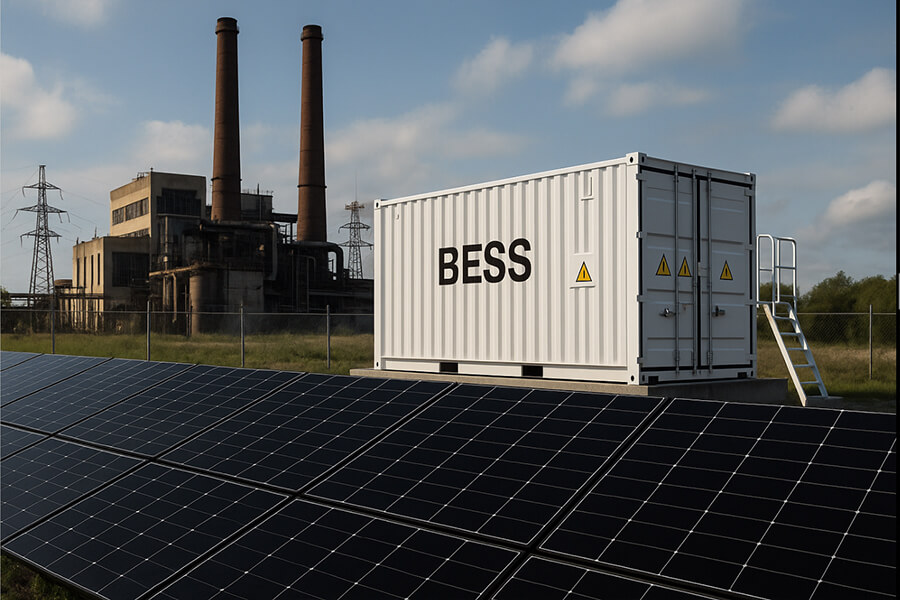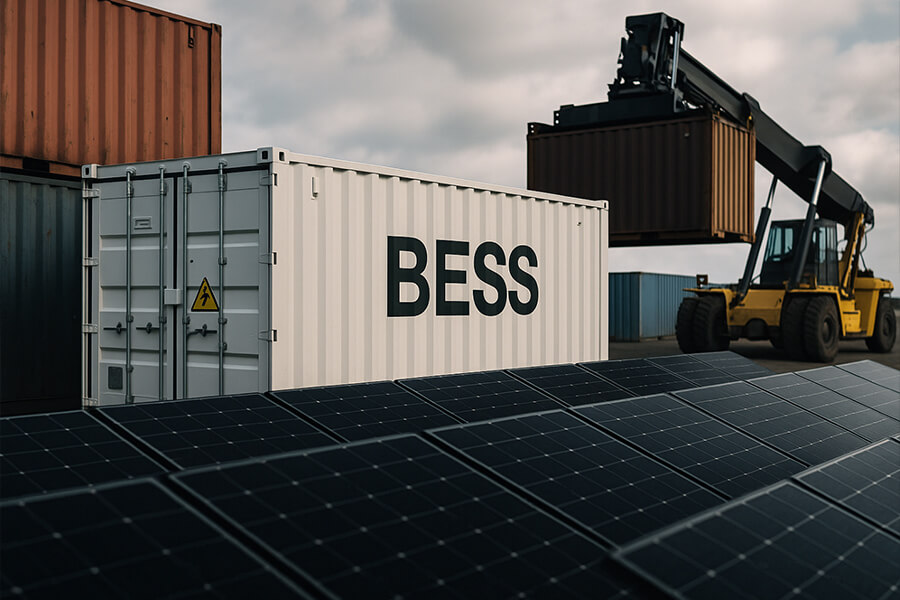Introduction
Germany’s Energiewende, or energy transition, is a monumental policy initiative aimed at gradually reducing the country’s reliance on fossil fuels while promoting the adoption of renewable energy sources. At the forefront of this ambitious effort is solar power, playing a pivotal role in transitioning to cleaner, more sustainable energy. In this article, we explore the Energiewende, with a particular focus on the role of solar energy in this transformative process.
Energiewende: A Vision of Sustainable Energy
The Energiewende, launched in the early 2000s, is Germany’s answer to environmental and energy challenges. The core objective is to decrease greenhouse gas emissions and mitigate climate change by embracing a future dominated by clean, renewable energy sources. While various renewable energy technologies contribute to this transition, solar power stands out as a critical component due to its clean, abundant, and widely available nature.
The Role of Solar Power
Clean and Renewable: Solar power harnesses energy from the sun, a virtually limitless and emission-free energy source. The installation and operation of solar panels generate no direct greenhouse gas emissions, making it a crucial player in reducing the carbon footprint.
Decentralized Energy Production: Solar panels can be installed on rooftops, in residential areas, and even on a smaller scale, making energy production decentralized. This decentralization enhances energy security and reduces the reliance on a few large power plants.
Grid Integration: Germany has effectively integrated solar power into its energy grid. Solar-generated electricity is fed into the national grid, supplying clean energy to homes and businesses. Furthermore, excess solar energy can be stored or shared with others, promoting efficient grid use.
Job Creation: The growth of solar power in Germany has led to a significant increase in job opportunities. The solar industry offers employment in research and development, manufacturing, installation, and maintenance of solar panels.
Progress and Achievements
Over the years, Germany has achieved several milestones on its path to Energiewende:
Renewable Energy Targets: Germany has set ambitious renewable energy targets, aiming to generate 65% of its energy from renewable sources by 2030 and 80% by 2050. Solar energy contributes significantly to these goals.
Subsidies and Incentives: The government has implemented subsidies, feed-in tariffs, and various incentives to promote solar power adoption. These financial incentives have made solar panels more affordable for homeowners and businesses.
Technological Advancements: Germany is renowned for its research and innovation in solar technology. It has contributed to the development of more efficient solar panels and storage solutions, driving down costs and improving performance.
Challenges and Ongoing Efforts
Despite its successes, Germany’s Energiewende also faces challenges:
Energy Storage: Solar power’s intermittent nature necessitates efficient energy storage solutions to ensure a stable energy supply. Advancements in energy storage technologies remain a priority.
Grid Upgrades: Integrating vast amounts of renewable energy into the grid requires infrastructure upgrades to maintain grid stability and reliability.
Economic Considerations: The cost of the Energiewende has been substantial, and the government is continually assessing the economic feasibility and impact on consumers.
Market Design: The energy market needs to adapt to accommodate the growing share of renewables. Market design and regulatory policies are being adjusted to incentivize flexibility and demand-side management.
Conclusion
Germany’s Energiewende is a groundbreaking energy transition initiative that seeks to reduce carbon emissions and promote renewable energy adoption. Solar power is a cornerstone of this endeavor, offering a clean, decentralized, and abundant energy source that plays a critical role in achieving sustainable energy goals. With ambitious renewable energy targets, subsidies, and ongoing technological advancements, Germany is on the path to realizing its vision of a cleaner, greener, and more sustainable energy future.
If you want to customize your own photovoltaic solution today, please contact us.




